DIFFERENCES BETWEEN: Hallucinations - Illusions - Imagination and Delirium
There are differences between these terms
Many times we hear people using these terms to refer to situations in which people rave, see or hear something that did not really happen, but, are we using these terms properly? There is a lot of confusion regarding these words, their differences and meaning, that is why I have decided to do this post. Most of these terms revolve around a very important word to understand all these terms The Perception.
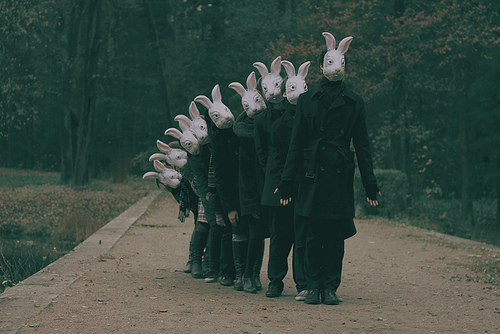
What is perception? The perception is the interpretation of all those sensations giving them meaning and organization.
What are the Sensations? The Sensations are all those basic immediate experiences, generated by internal and external stimuli. It is the response of the sense organs (eyes, skin, smell, hearing, taste) after stimulus.
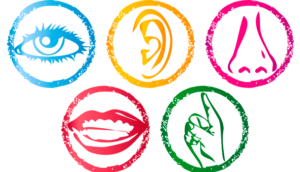
Therefore the false perceptions are errors of interpretation of the information that arrives through a stimulus and which can occur due to failures in the stimulation, defects of the organs of the senses, or failures of them, depending on our state of consciousness which can be affected by the consumption of chemical substances, some neurological diseases, dehydration, intoxications or mental disorders (psychiatric) etc.
False perceptions are divided into three types: confusing perceptions, illusions and hallucinations.
Confusing perceptions
These occur when a stimulus is very weak or is not correctly structured as a blurred image , a distant sound or a person who does not speak correctly, causing us to see or hear something totally different.
Illusions
The illusions are all those perceptions in which we attribute characteristics to an object that does not has them, but are closely related to it, an example of this, could be a coat hung in the darkness of our room with its sleeves and human form, so we have an illusion in which that coat is actually a person observing us, in this way we are attributing to that coat qualities that it does not has. In the next image, for example, we attribute it the characteristic of movement when actually it is inert, we perceive movement due to an optical illusion.
Hallucinations
Hallucinations are perceptions in which there is no stimulus, that perception does not excits but we are convinced that it is real, this is something that usually happens in psychiatric diseases, specifically in psychotic patients (psychoses are all those mental disorders in which the person loses contact with reality)
If we present an hallucination it does not necessarily mean that we suffer a mental illness. It is important to know that these confused perceptions, illusions, and hallucinations can be caused by fears, strong desires and needs in which our brain creates false perceptions.
Have you ever seen a movie in which a thirsty man (in a desert) finds a large lake or oasis that actually was false? It is an example that a great need can generate a false perception, the same thing can happen when losing a loved one or a pet , that can cause us to see that person, listen to their voices or the barking of our deceased pet.
The imagination
Imagination is the capacity to reproduce, conserve or combine sensitive images from our past, present or future, fictional o real.
'' Imagination consists in forming representations of objects, situations or affections, etc. In the absence of those objects. But the imaginative activity is not only a representation and update of the past, it can also includes the possibility of projection in the future or the anticipation in that future, the construction of utopias and the liberation of the narrow horizon of the present. ''
Delirium
It is the alteration of the sense of reality that is characterized by having absurd and incoherent thoughts, with judgments and erroneous opinions, these can be accompanied by hallucinations, disorientation, fear, anxiety and excitement.
An example of this could be a person who claims to be a deity and has magical powers, or a person who is constantly thinking that someone wants to hurt him, or is trying to pursuing or conspiring against him. In the same way this usually happen in some people with psychiatric illnesses, neurological diseases such as Alzheimer and people who have suffered some psychological trauma etc.
Now we know the differences of these terms and why they may occur, it is inevitable that during our life we experience some of these false perceptions products of our mind, it is incredible how our brain is able to make us perceive something that does not really exist product many times of our deepest fears and desires.
It is important to emphasize that if these false perceptions affect our lifestyle we must visit a specialist in the search for mental illness or neurological damage.

Thanks for reading this post do not forget to leave your upvote, reesteem and comment if you have something to add, it was difficult to translate this post because of all the technical terms, sorry if there are some mistakes
Goodbye <3
My Original Post with References and Sources
#health #psycology #saludmental #mentalhealth #mind #hallucinations #Illusions #Imagination #Delirium

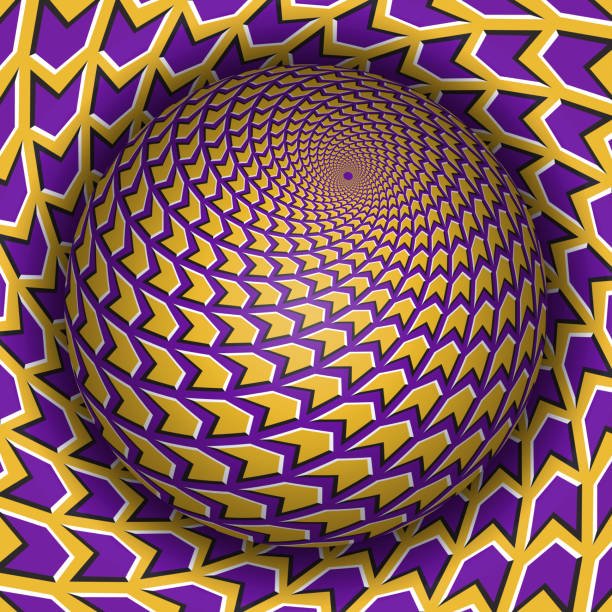
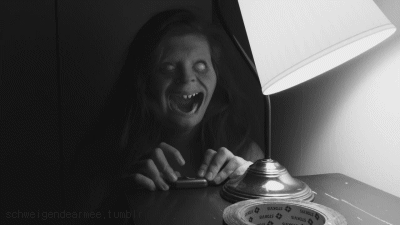
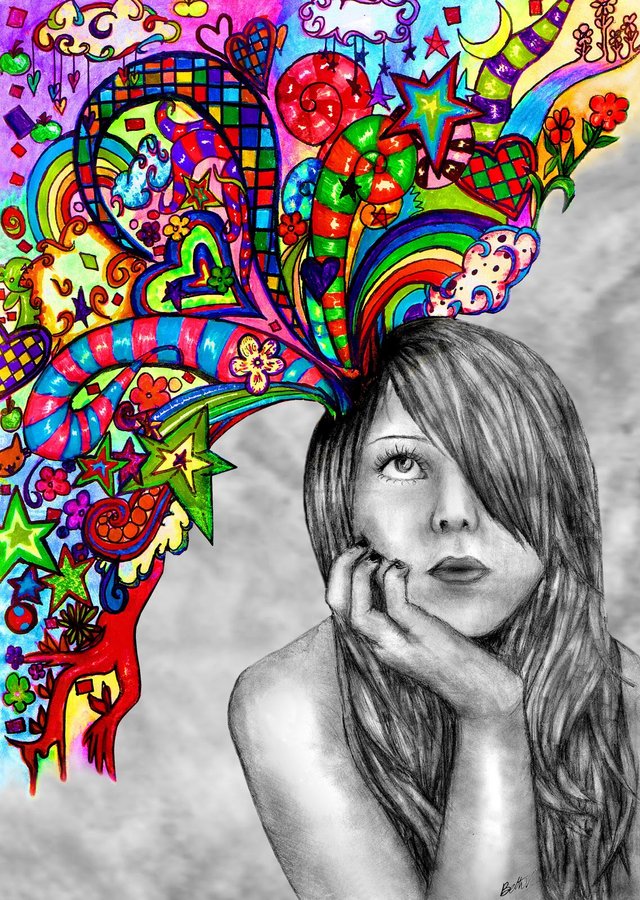
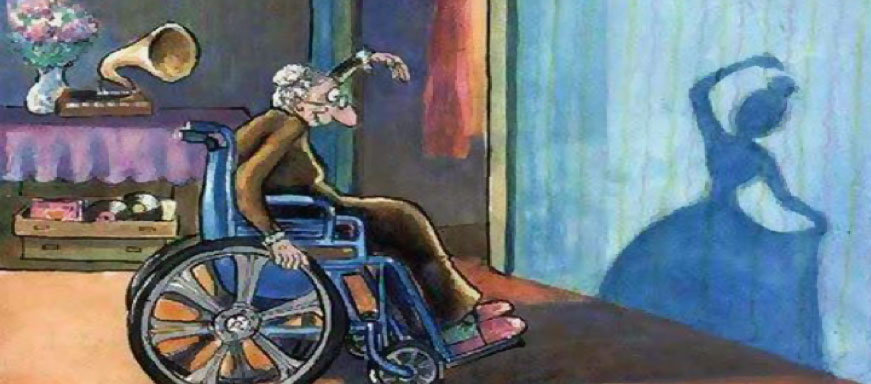
Congratulations @adrianachenille,
Your post "DIFFERENCES BETWEEN: Hallucinations - Illusions - Imagination and Delirium" hast just been resteemed !!!.😄😻😄
I've done this for following me..
😄😻😄 Be ENGASED to continue with this FREE Restreem service @tow-heed🙃🙃🙃